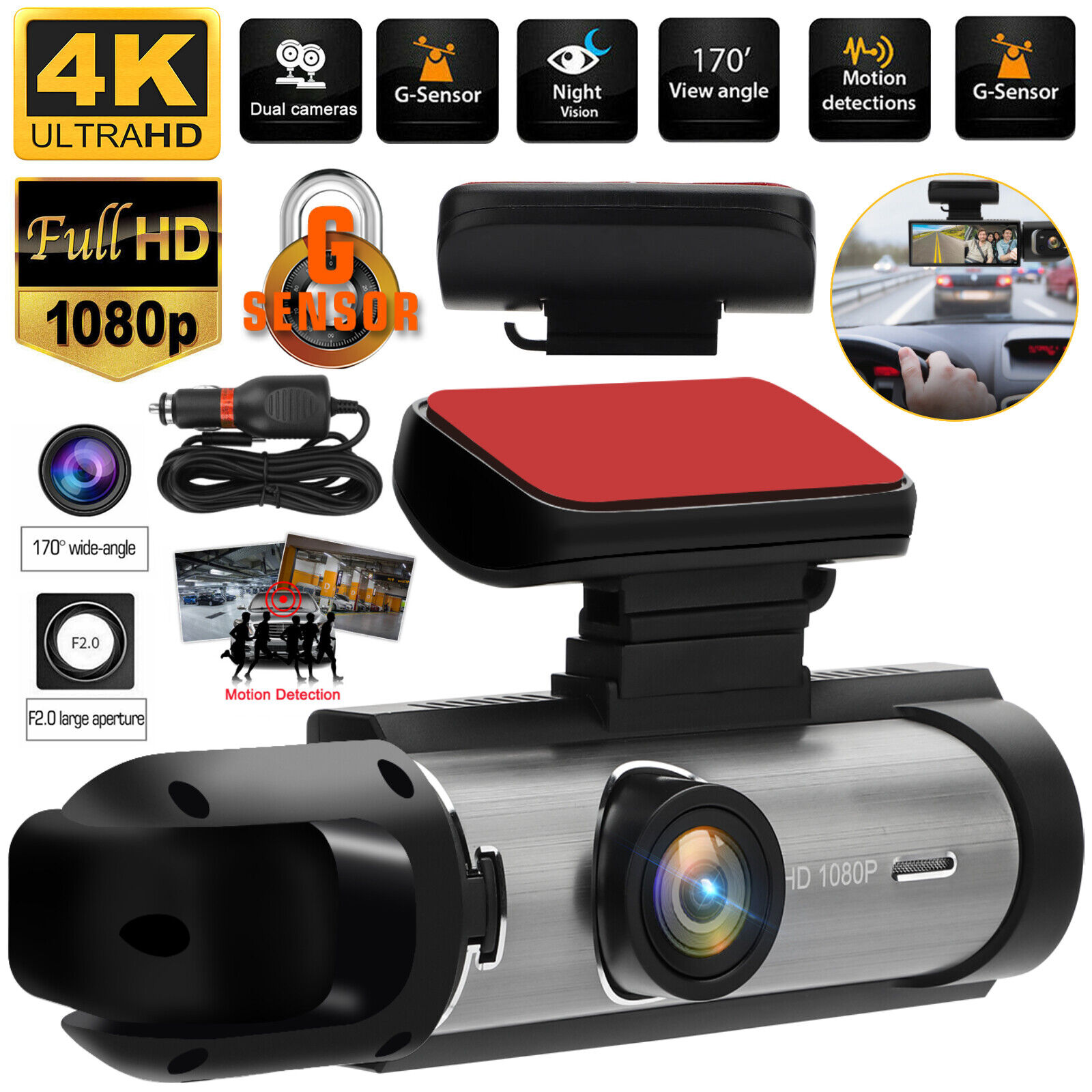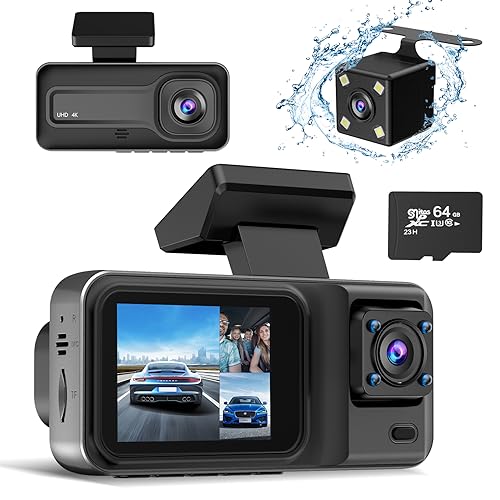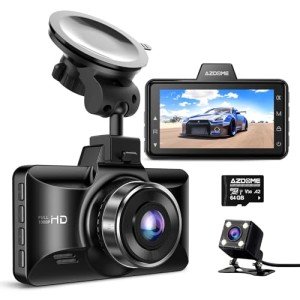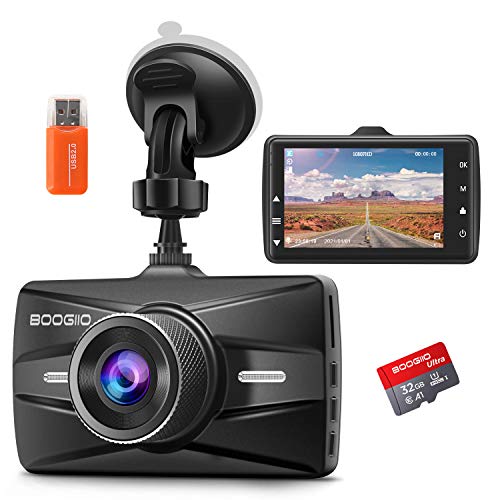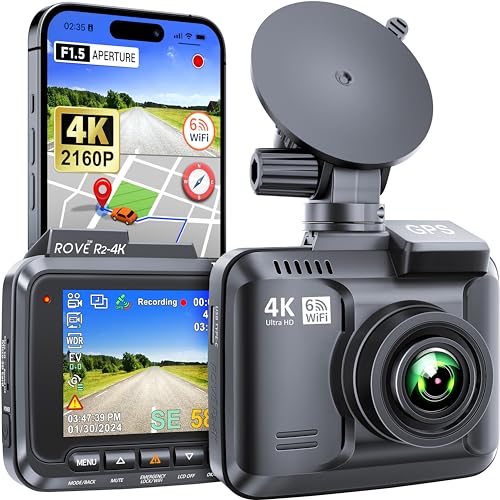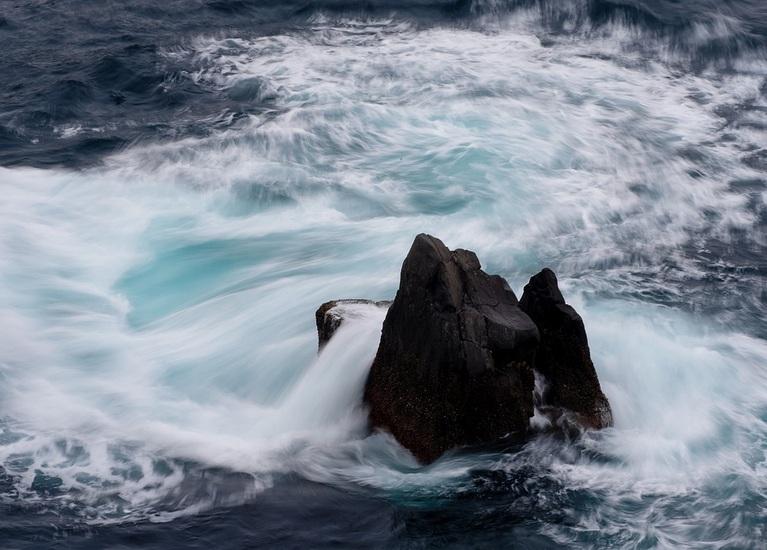When you dive into the world of photography, picking the right camera lenses can make a huge difference in your shots. Whether you're snapping portraits, landscapes, or action shots, having the right lenses can take your photography to the next level. Let’s break down the must-have camera lenses every photographer should consider.
First up is the 50mm lens. This lens is often called the "nifty fifty" for a reason. It’s super versatile and great for portraits because it delivers that lovely background blur while keeping your subject sharp. Plus, it’s lightweight and affordable, making it perfect for both beginners and seasoned pros.
Next, you can’t go wrong with a wide-angle lens. If you love capturing stunning landscapes or want to fit more in the frame for group shots, this is the lens for you. With a focal length usually between 10mm to 20mm, it offers an expansive view that helps you capture dramatic scenery. It’s also awesome for architecture photography!
For those action shots, a zoom lens is a game changer. This camera lens allows you to get close to the action without physically moving. Whether you’re at a sporting event or photographing wildlife, having that zoom flexibility means you won’t miss a moment. Look for ones that cover a range like 24-70mm for versatility.
Finally, consider a macro lens for those intricate details. If you like photographing flowers, insects, or any small subjects, a macro lens will let you capture every detail with stunning clarity. These lenses usually have a special design that allows for extreme close-ups while keeping everything in focus.
Understanding Different Types of Camera Lenses
When diving into the world of Camera Lenses, it helps to know the basics. There are mainly three types: wide-angle, standard, and telephoto lenses. Each type has its own strengths and unique vibes, and picking the right one can make all the difference in your photography.
Wide-angle lenses, as the name suggests, capture a broader view. They’re perfect for landscape shots, group photos, or any scene where you want to fit a lot into the frame. With a focal length typically ranging from 10mm to 35mm, they can even create some cool effects by exaggerating the distance between objects. If you love outdoor adventures or capturing big scenes, a wide-angle lens should be in your bag.
Standard lenses are your all-around workhorses. Usually falling between 35mm to 70mm in focal length, they provide a natural perspective that mirrors what our eyes see. This makes them super versatile for everything—portraits, street photography, and everyday moments. If you’re just starting out and want a lens that can handle a variety of situations, a standard lens is a solid choice.
Now, let’s talk telephoto lenses. These guys zoom in tight, usually starting around 70mm and going up to 300mm or even more. They’re fantastic for wildlife photography, sports events, or any situation where you want to capture details from a distance. The beauty of telephoto lenses is how they can bring your subject forward and blur out the background, creating stunning portraits or action shots. If you want to capture moments up close without getting in the way, you’ll want to check these out.
1080P Dual Lens Car Dash Camera with G-Sensor
Capture every moment on the road with this easy-to-use dual lens dash cam featuring a G-sensor for added security
Product information
$45.98 $29.98
Product Review Score
4.38 out of 5 stars
47 reviewsProduct links
Choosing the Right Lens for Your Camera
Picking the right lens for your camera can feel a bit overwhelming, but it doesn’t have to be! The lens you choose makes a huge difference in how your photos turn out, so it's worth taking the time to think about your needs.
First off, consider what you’ll be shooting most often. Do you love capturing landscapes? A wide-angle lens is your best friend. If you’re into portraits, a prime lens with a focal length around 50mm or 85mm is great for getting that beautiful blurry background. And if action shots are your jam, look for a zoom lens that allows you to get close without having to physically move.
Another important factor is lens aperture. A larger aperture (like f/1.8 or f/2.8) lets in more light, which is perfect for low-light scenes. It also helps create that nice bokeh effect. On the flip side, a smaller aperture means deeper focus, great for landscapes where you want everything in sharp detail.
Lastly, think about compatibility with your camera body. Not all camera lenses fit all camera brands. Check to make sure your chosen lens matches your camera's mount. If you already have camera lenses, think about how the new addition fits into your kit. It’s smart to invest in versatility, so you’ll have options for whatever scene comes your way.
eRapta 1080P Backup Camera with 7'' Monitor
See everything clearly in your rearview with this easy-to-install backup camera and monitor combo
Product information
Product Review Score
4.3 out of 5 stars
33 reviewsProduct links
Tips for Caring for Your Lenses
Taking good care of your camera lenses is crucial for keeping them in top shape. After all, they’re the eyes of your camera! Here are some handy tips to help you maintain your camera lenses and ensure they work like new.
First off, always keep your lenses clean. Dust, dirt, and smudges can ruin your photos. Use a lens cloth or a microfiber cloth to gently wipe the glass. For stubborn spots, consider using a lens cleaning solution. Just make sure to avoid using regular glass cleaner—it can damage lens coatings.
Store your camera lenses properly when you’re not using them. Keep them in a dedicated lens case or a padded bag to protect against bumps and scratches. Make sure to cap the lenses when they’re not in use to prevent dust from getting in. A little extra care goes a long way in extending their lifespan.
Humidity can be a real enemy of camera lenses, so try to keep them in a dry environment. If you live in a humid area, consider using silica gel packets in your storage case to absorb excess moisture. You can also invest in a dehumidifying cabinet if you have several lenses. This way, you won’t have to worry about fungus ruining your favorite lens!
Finally, handle your camera lenses gently. Avoid exposing them to extreme temperatures or placing them on unstable surfaces. Whenever possible, use a strap or a secure bag to carry them. Thanks to these simple tips, your camera lenses will be well taken care of and ready to capture stunning images whenever you need them!

